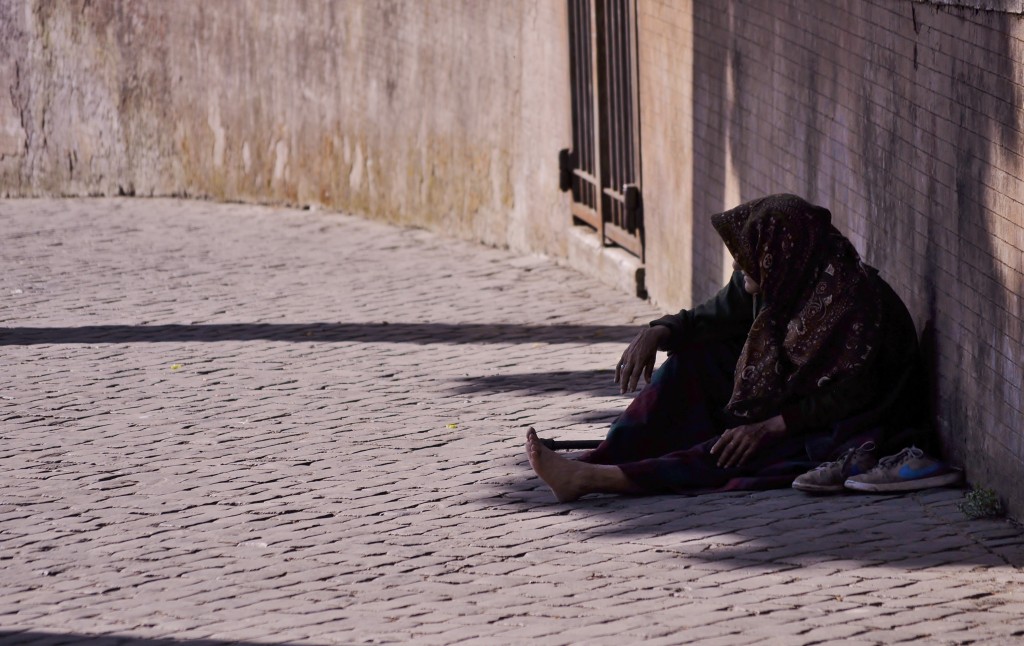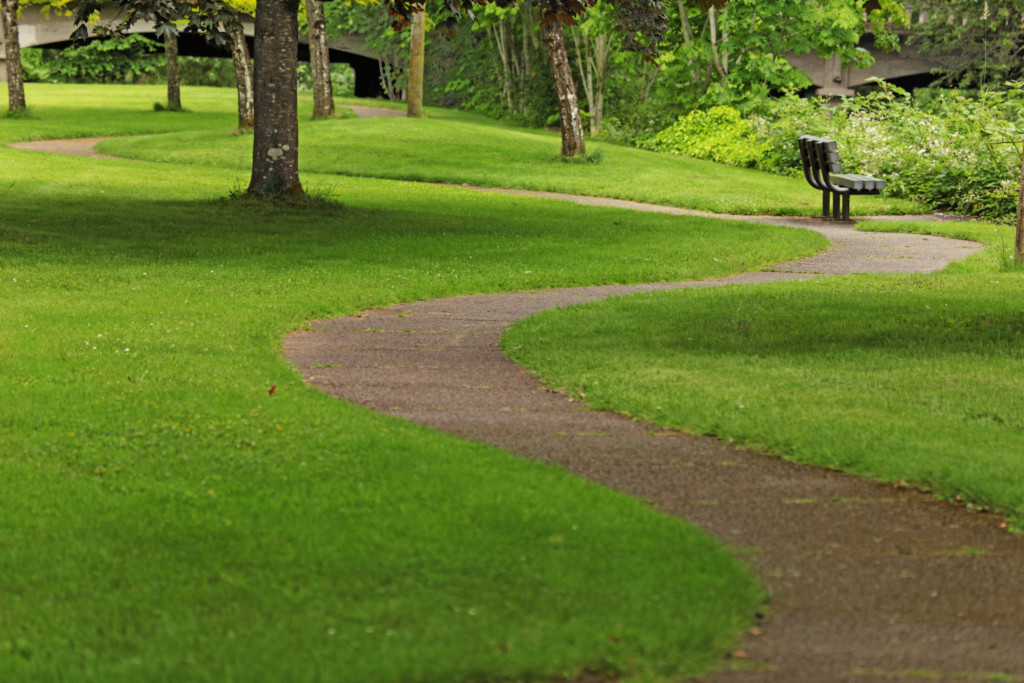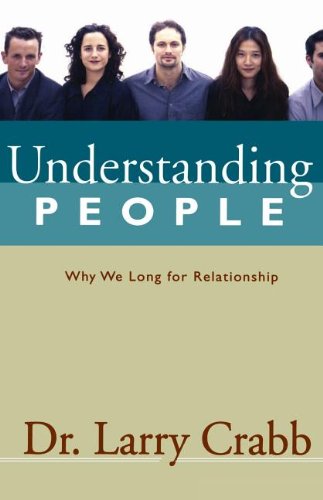Why do we run from love? Why do we run from what’s good for us?
In this life of contradictions that we are, sometimes we embrace love with all the courage in the world, and other times we run from it out of sheer terror and fear. I often tend towards the latter.
Deep down we don’t believe that we’re really worth loving. So we sabotage something that is really good, or we isolate ourselves when we’ve been invited to an event with good people who love us.
There is a profound little scene in the gospels where Peter has just caught a huge catch of fish after Jesus told him to put his net over the other side of the boat. Peter is not gobsmacked at the unbelievable amount of fish he has just caught; he is gobsmacked by the unbelievable generosity that Jesus showed him. He is so gobsmacked he can’t handle it. He tells Jesus to go away “for I am a sinful man.” Peter expresses the deep down belief of most of us, that we don’t deserve such outrageous love, especially when we haven’t done anything to earn it. But Jesus believes in Peter, knowing that Peter will stuff up (as he does later on, big time). Jesus says, no, I want you, with all your flaws, all your faults. Because I love you. In fact, you’re going to be the leader of this movement when I go. And Peter does, knowing his own weaknesses, but trusting in the love he has been given.
I heard a preacher say once that when we get to the end of our lives, one of the biggest things we are going to say is why didn’t we take more risks? We spend our lives turning ourselves away from love, keeping ourselves safe from hurt. Love is always risky, by its very nature it is open to hurt because it might not be returned. But as Mother Teresa said, love anyway.
C.S. Lewis said that we can lock ourselves away in our cocoon, safe from the world. In that cocoon we won’t be hurt, we won’t need to take any risks, and we can be sure that we will be safe. But in that cocoon you will slowly die, you will slowly rot away from who you really are, because you won’t know the freedom of living. Yes, when you love you will be hurt, but you will be alive. A heart that hurts is a heart that beats, sing U2, the band that more than any other has written the soundtrack of my life.
We run from love and find ourselves running toward the hell of our own loneliness. I do it so often I don’t even realise it. I don’t want to get hurt, I can’t bear the loss of rejection. But when I remember that love is the only way forward, and that I don’t need to prove my worth to anyone because I am already loved, then I can love others and be ok when that love is not returned. That’s not to say it doesn’t hurt; it does and I hate it. But I can cope.
Why do I walk away? Why do I run from love? There is something in me that doesn’t want to take that risk. But when you do, when you move forward in courage, you will be ok even if that love is not returned, or if it is thrown back in your face.
We love because God first loved us. That’s the incredibly fortunate position we are in. We don’t have to make the first move. It’s already been done for us. You have nothing to prove. We already have what we crave; we just need to accept it. And when we reject it, we can get up again because that love never leaves us. Nothing can take it away.
Martin Luther King said the moral arc of the universe is long, but it bends toward justice. It also bends towards hope and love.
I refuse to believe we are a meaningless conglomeration of atoms in the cosmic dark. I believe there is purpose in this universe, despite the hatred, despite the lies, despite the despair. Despite my brokenness, despite my lies, despite my judgmentalism, my fear, my resentments and my demand for affirmation.
God help me to run into the arms of your love, and to be not afraid to be held, to be weak, not afraid to give up my illusion of control. Help me to not run from love, but to surrender.

 I’d join the movement
I’d join the movement Humanity can live without success but we cannot live without meaning – Richard Rohr
Humanity can live without success but we cannot live without meaning – Richard Rohr Scott J Higgins has posted a wonderful piece today shattering the myth that poor people are happier.
Scott J Higgins has posted a wonderful piece today shattering the myth that poor people are happier.





